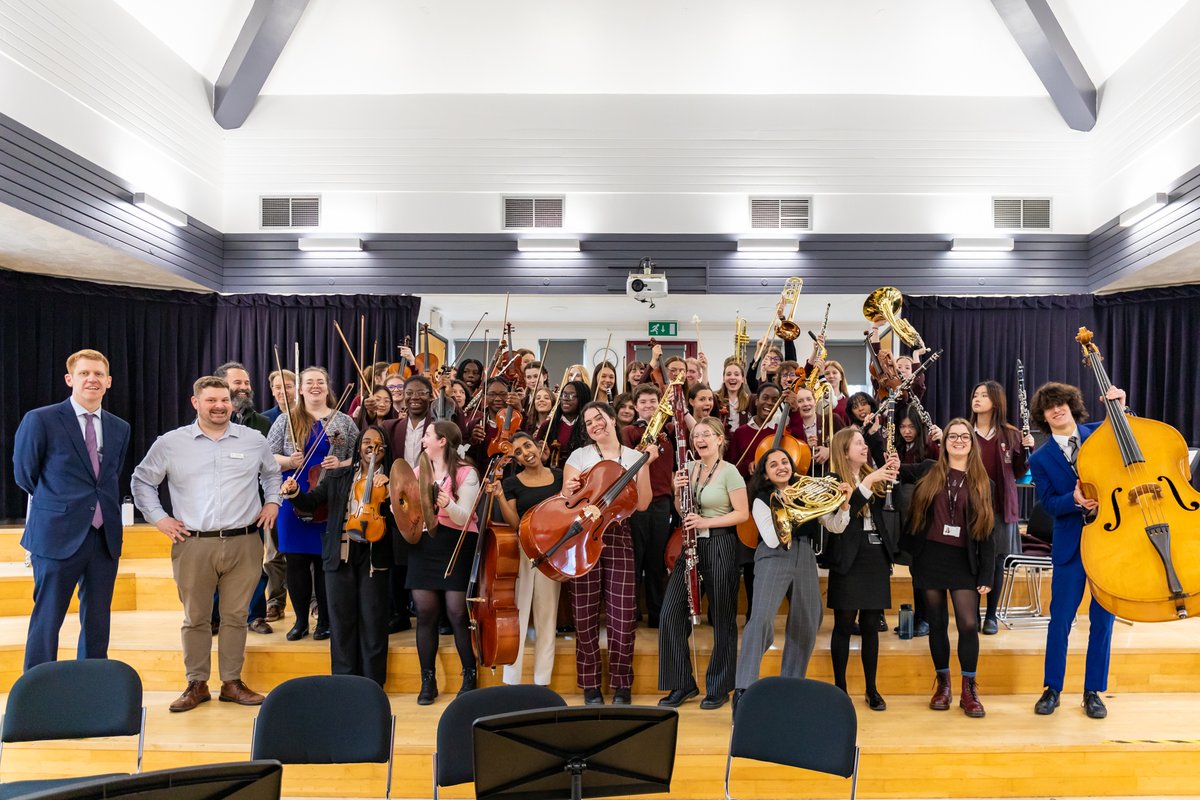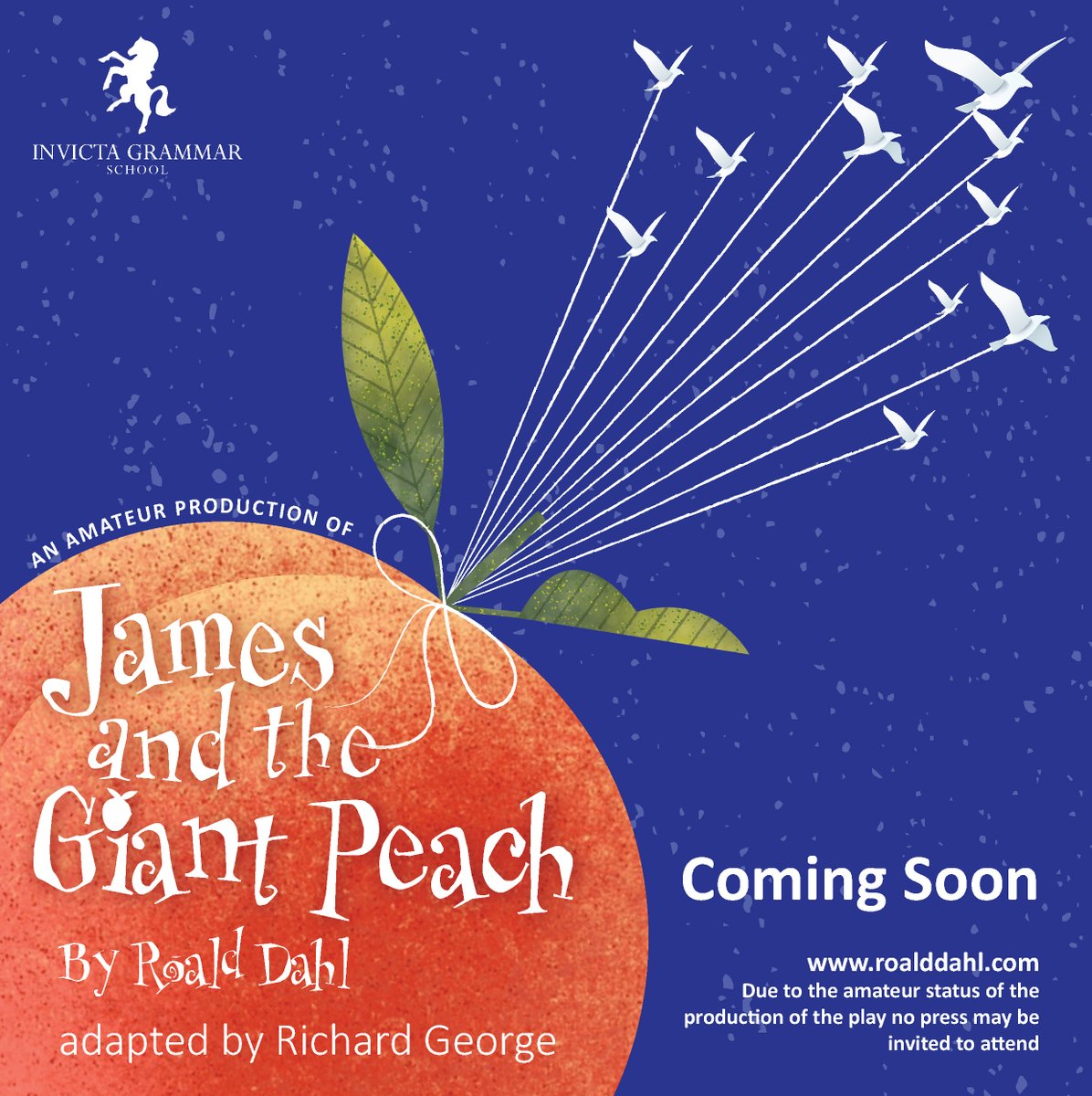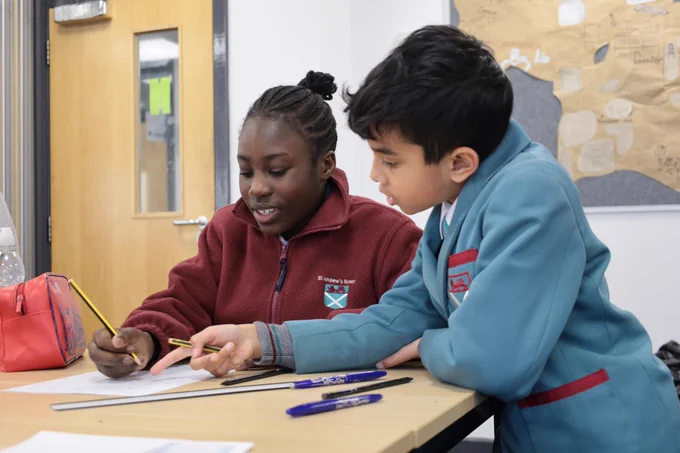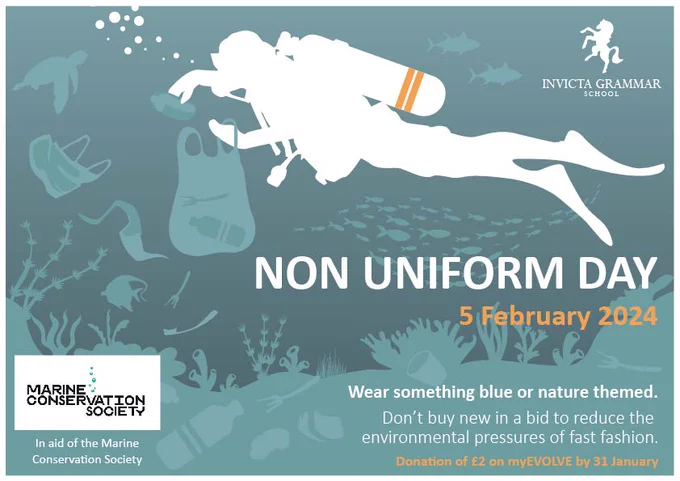Latest News
Women in Leadership Profiles
Name: Emma Curry
Role: Research Fellow
Company: Victoria & Albert Museum
A bit about you:
I studied English Literature at University, and then did a Masters in Victorian Literature and a PhD on Charles Dickens. I am now working part-time as a Research Fellow at the Victoria and Albert Museum in London. We are working on a project to digitise the collection of Charles Dicken’s manuscripts so that they can be shared with a wider audience.
What is it like working in your company?
It is really interesting and varied. I spend some of my days doing research – reading and studying the manuscripts and writing up what we have discovered. I also spend time working with the other members of the project team to plan ways that we can share the research findings, through lectures, workshops or other events. I started working at the museum in lockdown and as yet I have not been able to go into the building much – I’m very much looking forward to some lunchtimes spent wandering amongst all the amazing objects there!
Why did you decide to go into your chosen field?
I have always loved language and stories, so it was always my dream to work with books in some way. Once I was at university I discovered a real passion for research – I really enjoyed writing about literature and studying more about the times in which various texts were written. This led me to carry on my research as part of a Masters dissertation and later as a PhD thesis. I am hoping ultimately to work towards a career as a university lecturer.
What qualifications and work experience did you need to reach your current position?
To be a Research Fellow on a project you usually need a PhD in your chosen subject. Often the other experience required depends on the project you apply for – the one I am working on has a strong public engagement element, so experience of planning events and managing blogs and social media channels was helpful too.
What do you enjoy the most about your job?
I really enjoy being able to read and talk about books as part of my research – thinking about why we read and write stories, and the effects that they can have on us. I also really enjoy learning more about the past as well, and how studying the kinds of books that people were reading at a given time can teach us more about their lives.
What obstacles have you overcome in your career?
At times undertaking a PhD can be difficult – it is a long time to be studying and it involves long periods of working on your own, which can feel quite lonely sometimes. It can also be quite difficult to get longer-term research positions, and will likely still take some time to get a full-time lecturing job at a university.
Why do you think it is important to have a strong female representation in your industry?
In the past school and university literature curriculums have tended to focus on quite a narrow selection of books, often mostly written by men. I think it is very important to have wider representation in shaping the curriculum so that we can broaden our perspectives and studying writing by a more diverse range of voices.
What advice would you give those wanting to take a similar career path?
To be prepared for quite a long road but that there are options along the way to move between different fields depending on your interests. I would also say to be prepared to make the most of opportunities that come your way – often new research ideas will come just from talking to someone at a conference, or being involved in a small project outside of your main role.




























